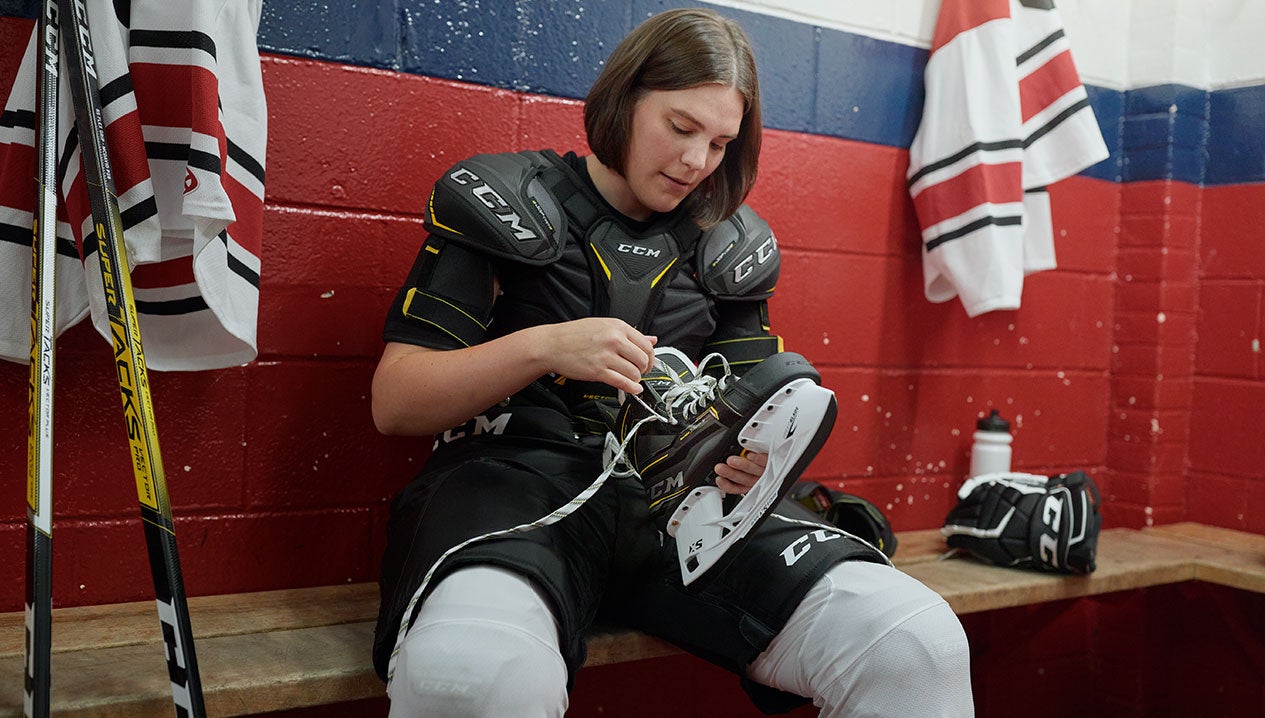Mouth Guards: What You Need to Know

Anyone who participates in an activity that has a risk of injury to the mouth should wear a mouth guard.
Most commonly used in contact sports – ice hockey, soccer, football and lacrosse for example – mouth guards are coverings worn over the teeth to protect the player from dental injury. Parents may also consider having their child wear a mouth guard for sports like gymnastics, figure skating and basketball, all of which have a high chance of facial injury from falls or contact with equipment.
Generally, mouth guards are designed to cover the top teeth only, but many manufacturers have models that accommodate braces and other lower teeth appliances.
Regardless of the design, the mouth guard should be comfortable, durable, easily cleaned and not restrict breathing. They should cover the teeth and gums snugly to help prevent injury to the teeth, gums and lips.
Types of Mouth Guards
- Boil and bite mouth protectors are very popular. Made from plastic that is thermo-moldable, they are placed in hot water to soften, then placed in the mouth to shape it around the teeth using pressure. These offer a reasonable custom fit for most purposes and are easy to shape
- Custom fitted mouth protectors are made in a dental office or lab and are shaped exactly to your teeth and mouth shape since they are molded from an impression of your mouth. Although much more expensive, custom fitted mouth guards offer the best fit
- The simplest style is a stock mouth guard, which do not afford much protection, tend to fit poorly, and often restrict breathing
Do Mouth Guards Prevent Concussions?
One of the most commonly asked questions by parents and players is whether a mouth guard will prevent concussions. Scientific studies to date conclude that although mouth guards are effective to prevent dental and facial injury, there is no valid medical evidence that either standard or fitted mouth guards prevent, decrease or protect from concussions.
The role of a mouth guard is to protect the teeth and gums, which of course is incredibly important, but do not give a false sense of security that they protect the brain from concussion.
How to Care for Your Mouth Guard
- Rinse before and after each use
- Brush with a toothbrush and toothpaste or clean in soapy water and rinse thoroughly
- Keep the mouth guard in a sturdy container that has vents to allow for air circulation
- Do not expose the mouth guard to sun or hot water
- Check after each use for wear and tear and replace immediately if required
Keep your teeth for the team photo. Get a mouth guard.
Not sure which mouth guard is right for you? Source for Sports offers a wide range of mouth guards for every athlete's game. We fit your game.
Related Articles
Join Source Nation to get the latest news on product launches, Source Exclusive product lines, tips and tricks for parents and players, and more!
